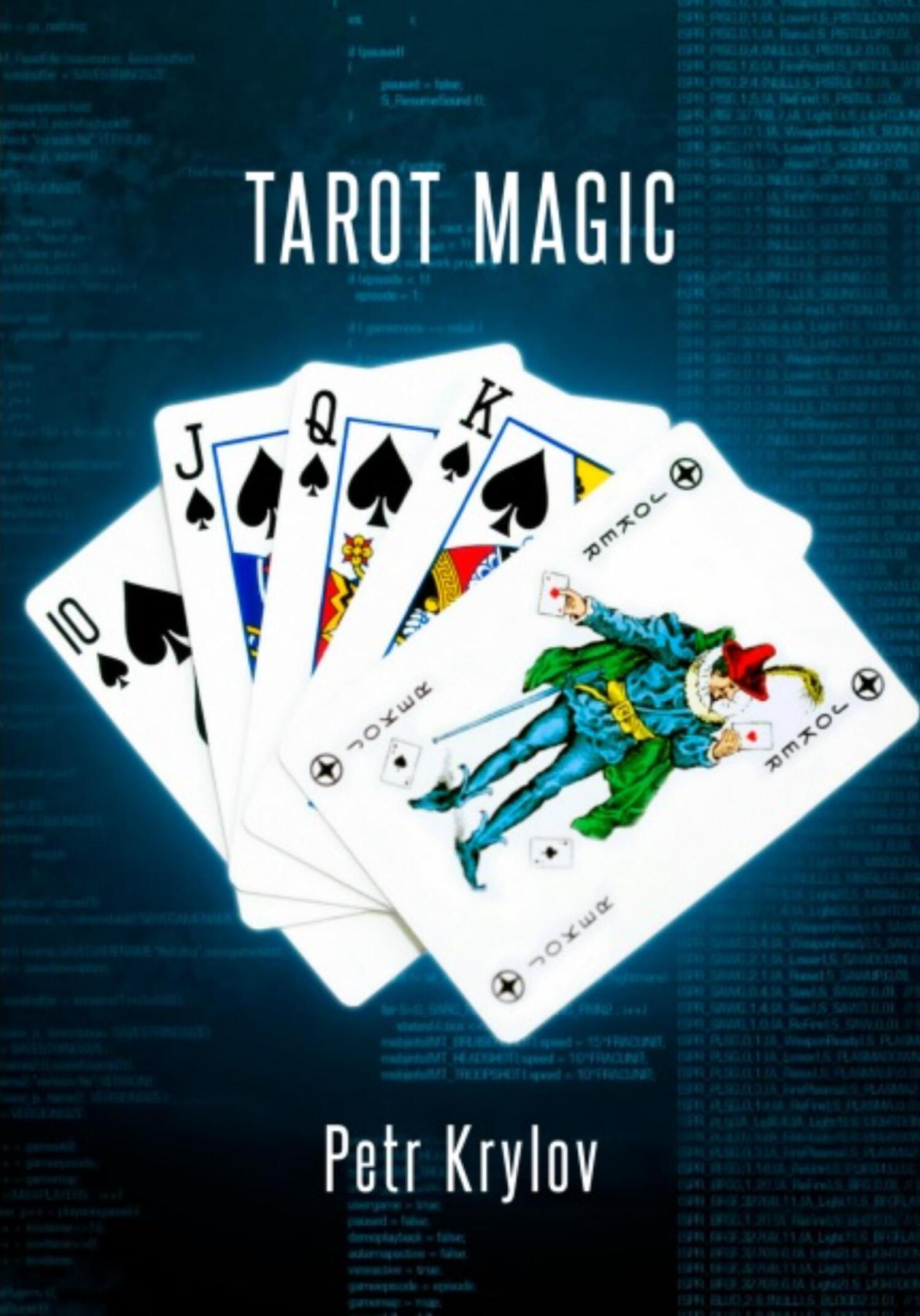spaces are filled with the remaining cards. These can be called Tuning Forks, and I’ll discuss their roles and origin a little further down. Here’s an example (for the sake of simplicity, we’ll first look at one suit):
13. The other spaces are similarly filled with the remaining cards. But there’s a nuance: the columns must stack so that only column 14 with the target cards remains. The spiral shift of suits enables the addition of cards. For adjacent columns not to add up by number, the cards in those columns (as well as in a column) should not repeat by number (except columns 12 and 13, which will add up just as they should). For instance, if column 11 has a Queen of Spades, there should be no Queens in columns 10, 11, or 12. And if, for instance, column 10 has a Five of Spades, there should be no more Fives in columns 9, 10, or 11. Here’s an example of how this rule can be used.

In this example, any card in any column other than the Horsemen column only agrees with adjacent columns by suit, not by number. In principle, you can make that kind of layout manually if you have a suitable table with a lined surface and are attentive and patient enough. But that’s a tedious and unrewarding thing to do. You have to not only lay out the cards but also record your progress as you play a part in real life. My practical experience shows that in that case, errors are quite likely to occur. That’s why I strongly recommend using specialized software (more on it later).
Here’s an example of awrong layout:
In this example, columns 2 and 3 have a Four of Diamonds close to a Four of Hearts, and columns 9 and 10 have an Eight of Clubs close to an Eight of Diamonds.This arrangement will cause the columns to match not only by suit but also by number, crushing the PM structure and making stalking impossible.
14. The layout is read card by card, from left to right, row by row.Note that the target cards are distributed evenly along the direction you’re going. The correct example above will be read as follows:
then
then
then
I called the PM addition algorithm SivkaBurka, like the magic steed from a Russian fairytale, because of the special part the Tarot Horsemen play in the algorithm.
And now let’s move on to discussing the roles of the target cards.
Chapter 15. Target cards in the patience of Medici
“Dad? What’s the purpose of life?”
“Don’t bother me with dumb questions, son. Can’t you see I’m busy doing something serious?”
(from a real-life joke)
So what are target cards and what do they do in the Patience of Medici?
They’re the cards that stand for the goal the stalker wants to achieve in symbol form after playing a PM part in real life. For example, signing a contract corresponds to the Ten of Spades; winning a lottery, to the Ace of Clubs; being happy, to the Eight of Hearts.
But in the PM, all the four suits are used for the final balancing of powers. That’s why the process of winning a lottery is set out as four interconnected target cards. And note that all the four cards describe either the event or its aspects.
If the cards are selected correctly, the event makes no sense if one of the cards is removed. For example, without the Ace of Clubs, winning becomesimpossible.
Here, the rules of Kabbalah symbolism apply. But keep in mind the following:
1. Kabbalah and Tarot symbols are multifaceted holograms, and they can have numerous meanings. A single symbol can describe an enormous number of phenomena. Each phenomenon, however, can be described, from a certain angle, by no more than one card (two at best). For example, the word car can mean thousands of car makes, of various colors and designs. But any make only corresponds to the word car.
2. A specific card is selected depending on the vantage point, which normally corresponds to the energy aspect and determines the card’s suit. That’s why, depending on what angle you look at it from, there can be different symbolic card interpretations for the entity or the phenomenon in question. Remember, once and for all, that there is no clear-cut correspondence between the cards and their manifestations in real life. There is, however, a table that shows how the cards correspond to their inner holographic meanings under the cabbalistic rules.
3. One common mistake novice stalkers make is using, unthinkingly, someone else’s card interpretations to go through a PM. But someone else’s interpretations — something that might have come from a different perspective — may not fit into your situation. For example, card interpretations for a wedding and those for a corporate merge cannot be identical — if for no other reason than that the scopes of the events are different.
Target cards should be selected attentively andthoughtfully.
The target you aim at is the direction your arrow will shoot. Given that the average time it takes to play through the PM is two months, an error may come at a cost.
If you’re no great shakes at card symbolism, your best bet would be to get in touch with someone who is.
The reason why PM cards can fall spontaneously is quite simple.
The cards’ parts played in real life create a programmed deformation of the time — space continuum.Since the PM structure is subject to fairly stringent rules, the number of possible options is quite limited. In order for the continuum disturbed by the stalker to be neutralized, specific cards must fall at a specific moment. This local programmed vacuum of events determines the possibility of programmed events coming up in real life.
All the stalker needs to do is:











